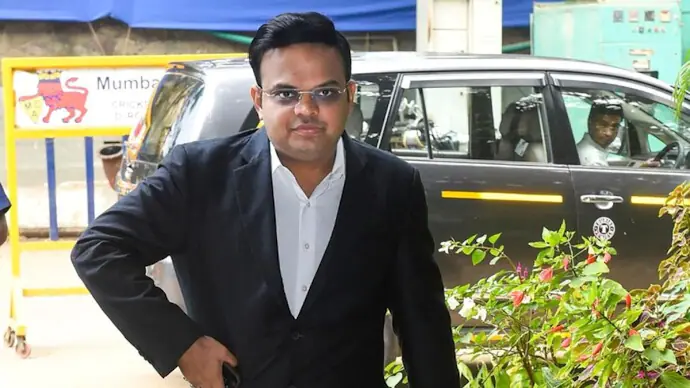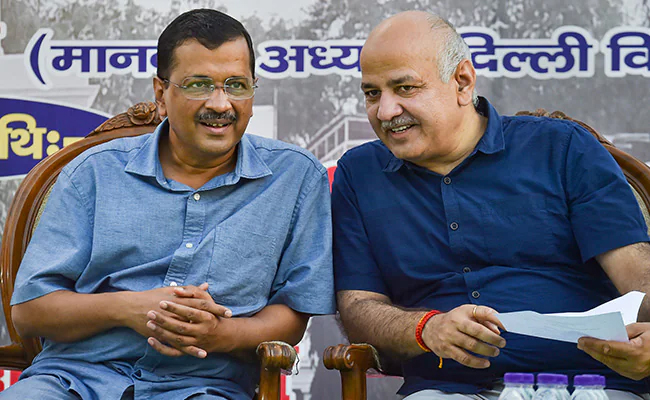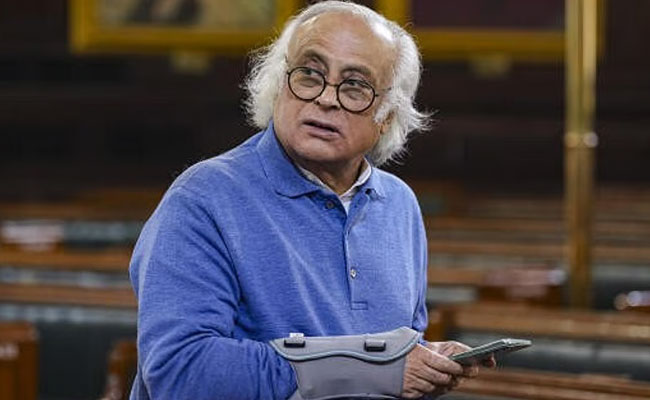New Delhi, Feb 3: Indian cricket board secretary Jay Shah has flown to Bahrain where an emergent meeting of the Asian Cricket Council (ACC) has been called at PCB chairman Najam Sethi's behest to decide fate of Pakistan's Asia Cup hosting rights.
If sources in the BCCI are to be believed, there is little to no chance of the Asia Cup being held in Pakistan in September.
If at all, the tournament will either be shifted to UAE with PCB retaining the hosting rights or Sri Lanka could be the other option.
"Jay is in Bahrain for the ACC meeting. The BCCI's stand will not change. We will not be travelling to Pakistan as we haven't got any go-ahead from the government," a BCCI source stated.
It is also understood that recent bomb blasts in Peshawar has again raised security concerns about holding cricket tournaments in Pakistan.
In December last year, ACC chairman Shah had released the itinerary of the continental body and the venue of Asia Cup wasn't mentioned.
This led to Sethi accusing Shah of taking "unilateral decision", an allegation that ACC officially refuted stating that repeated emails to PCB seeking recommendations on the itinerary went unanswered.
In October last year, Shah, who is also the supremo of ACC, had officially told the media that India will not travel to Pakistan.
The erstwhile PCB chief Ramiz Raja had back then threatened that Pakistan will not travel to India for this year's 50 over World Cup.
Let the Truth be known. If you read VB and like VB, please be a VB Supporter and Help us deliver the Truth to one and all.
Rameswaram (Tamil Nadu) (PTI): Nearly 4,000 Indian pilgrims on Friday set sail for the uninhabited Katchatheevu islet to participate in the annual two-day festival, which will officially commence at 4 pm at the St Antony’s Church, officials said.
The festival marks a significant moment of shared cultural and religious heritage between India and Sri Lanka.
The first batch of devotees was flagged off from the Rameswaram fishing harbour at approximately 6 am by Ramanathapuram District Collector Simranjeet Singh Kahlon.
ALSO READ: Explosions and aircraft sounds heard in Kabul, hours after Afghanistan attacks Pakistan
According to official records, a total of 3,996 registered pilgrims -- comprising 3,033 men, 726 women, and 150 children -- are crossing the Palk Strait in a fleet of 118 boats, which includes 92 mechanised trawlers and 26 country boats.
The festival will officially commence with a traditional flag-hoisting ceremony. This will be followed by the 'Way of the Cross' procession and a late-night chariot festival, where the statue of the patron saint will be carried around the shrine by Sri Lankan Navy personnel, sources said.
Strict security measures are in place, with the Indian Coast Guard and Customs department conducting a three-tier verification process at the Rameswaram jetty. All pilgrims were required to produce their Aadhaar cards and a mandatory Police No Objection Certificate (NOC).
Authorities have strictly prohibited the carriage of plastic items, alcohol, and excessive jewellery.
According to official sources, all vessels are equipped with adequate life jackets and are being escorted by Coast Guard hovercrafts up to the International Maritime Boundary Line (IMBL).
The festivities will reach their peak on Saturday morning with a Special High Mass conducted by the Bishops of Jaffna and Colombo in both Tamil and Sinhala. The event will conclude with the lowering of the flag, after which the Indian pilgrims will begin their return journey.
To facilitate the event, the Tamil Nadu Fisheries Department has enforced a total fishing ban in the region until March 1, leaving over 1,000 local boats moored at the docks to ensure clear passage for the pilgrim fleet.
The islet was ceded to Sri Lanka by India by ways of two agreements in 1970s.





